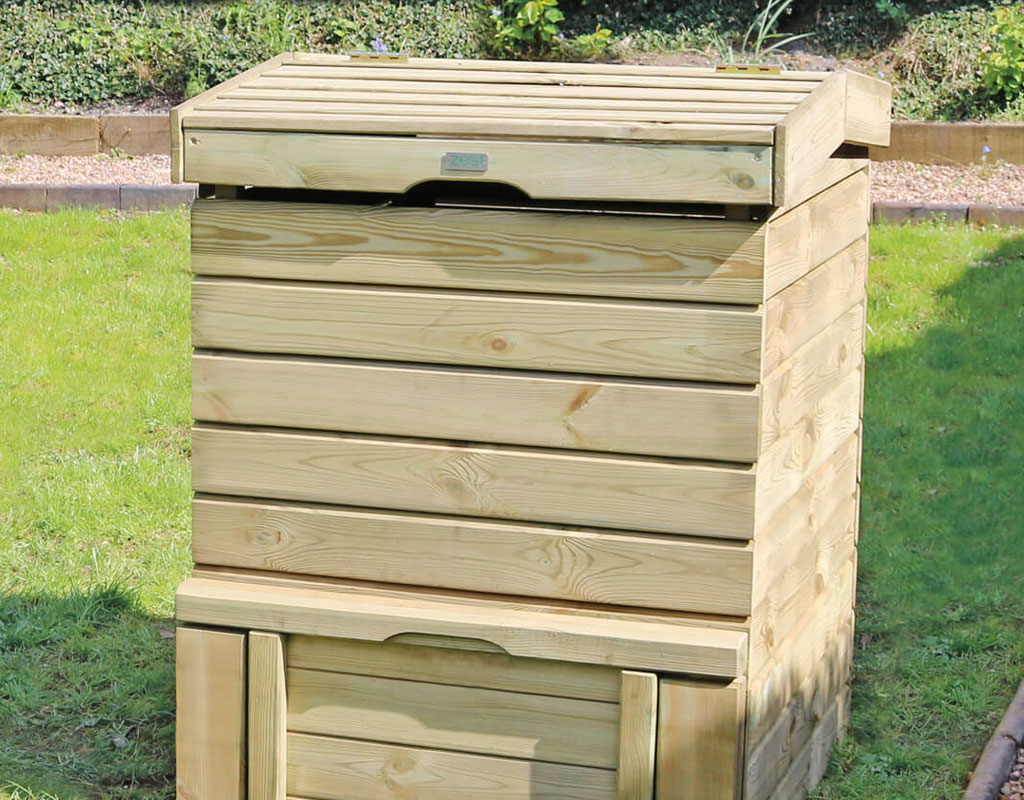Composting in Your Garden
Published: 11th Oct 2023

There are many reasons as to why composting is great for your garden. It’s a cheap and easy way to reduce household waste, as well as to improve the quality of your soil with the right nutrients, without the need for fertilisers.
When should I start?
You can start anytime throughout the year. However, late summer to early winter is ideal. All you need is a suitable compost bin and space.
Where should you place your bin in your garden?
Find a level surface that has enough drainage. To get started, add a thin layer of soil to the bottom then start adding your waste on top. Avoid placing your compost bin on decking or a wooded area as this will rot.
What can go into the compost bin?
There needs to be an equal mixture of green and brown materials for the best compost.
Great for composting
- Green – grass clippings, weeds, fruit and vegetables, tea bags and coffee grounds
- Brown – pruning’s and hedge trimmings, woodchip, leaves, paper and torn up card
Things that shouldn’t go into your bin
- Cooked food
- Meat or Fish
- Stones/Rubble
- Bits of Plastic
How should I compost?
Air is necessary for composting. Ensure you turn your compost heap to keep the air flowing. Also, don’t forget to keep it moist during dry weather. If you think it is too wet, add more browns and if too dry add greens.
When will my compost be ready?
It can take up to 1 year to make compost. Once ready it will most likely resemble crumbly soil.
Other ways you can compost
Worm composting is another way to turn your kitchen waste into nutrient-rich compost. All you need to do is let nature work its magic. However, you will need to buy special redworms for the task as the earthworms in your garden prefer soil, rather than vegetable waste. Visit the RHS website for more information on Worm Composting.